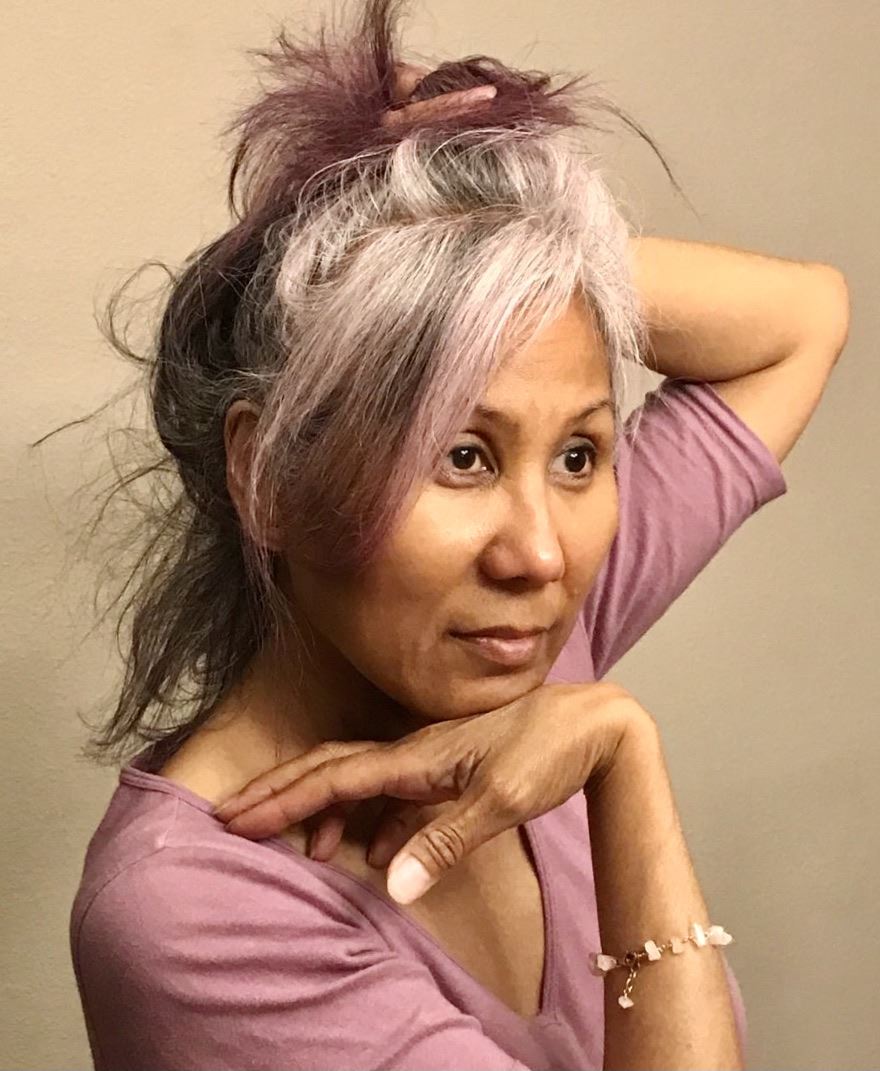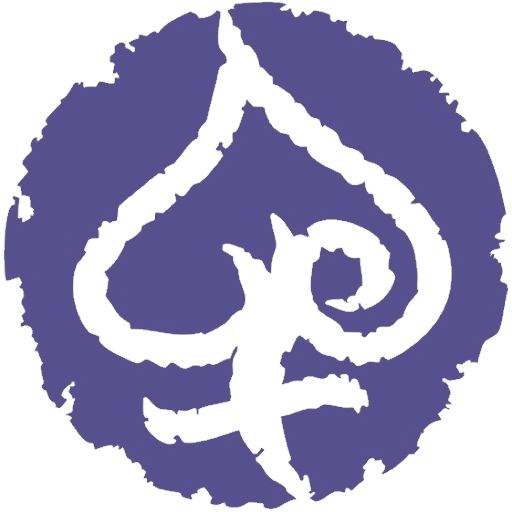
Check the time zone in your area:
Zoom link to attend: https://on.ffwn.org/2OabvYY

Cynthia Rapaido PhD
US FWN100™2011
Field Supervisor, School of Education, Teacher Education Department
California State University, East Bay
Doctoral Advisor, School of Education, Education Leadership Department
Edgewood College, Madison, Wisconsin
Filipinas with PhDs Series
So you've earned your PhD. FWN invites FWN members to share the many years they've spent in research and interviews and how they have successfully defended their dissertations.
"Filipino American Educational Leaders in Northern California K–12 Public Schools: Challenges and Opportunities"
The assumption that all Asians are model minorities is incorrect. The largest group of Asian American people is comprised of Filipino people followed closely by Chinese people; although Filipino people comprise the largest population, they lag behind Chinese and other Asian American groups with respect to academic achievement. Hence, Filipino American people are underrepresented as educational leaders in K–12 public schools in California.
Compared to other Asian ethnic groups, Filipino American people have (a) a lower achievement level for academic success, (b) a lower percentage enrolled in college in the United States, (c) a lower percentage 25–29 years of age graduating with bachelor’s degrees or higher in the United States, and (d) a lower percentage graduating with bachelor’s degrees or higher from California universities. Also, Filipino American people have (a) a lower percentage of their population compared to other racial groups pursuing and receiving degrees in education in California, (b) one of the highest rates of suicide ideation, and (c) one of the highest dropout rates in the United States and in California.
A narrative, qualitative research approach was used for this study, involving one- on-one interviews with 6 selected participants. The findings revealed personal (family obligations, academic identity, and ethnic identity) and professional (culture shock, cultural-value clashes, marginalization, lack of role models, commitments and demands as educational leaders, and conflict with upper management) challenges encountered, the factors that influenced career paths, and the factors that influenced motivation, perseverance, and the development of Filipino American educational leaders.
Factors that influenced participants’ career paths were parental expectation, a low opinion of educational careers, and lack of support and encouragement. Factors that influenced the motivation, perseverance, and development of Filipino American leaders in higher education and in educational leadership were faith and religion; family encouragement and support; school involvement; support from professional or cultural organizations and from academic programs; positive attitude, and being proactive and adaptable; and motivation and interest in the development of Filipino American educators.
This research yielded recommendations for professional practice including the need to develop culturally competent educators, educational leaders, and policymakers.
Cynthia Rapaido earned her Ed.D. in International and Multicultural Education, M.A. in Ed. Administration, and B.S in Biology. Her dissertation research was titled Filipino American Educational Leaders in Northern California K-12 Public Schools: Challenges and Opportunities. She served in public education for 30+ years as a high school principal, assistant principal, and science teacher. She was honored 100 Most Influential Filipina Women in the United States Award from Filipina Women’s Network; Secondary Co-Administrator of the Year Award from Assn. of California. School Administrators; and Assistant Principal of the Year State Finalist Award for the State of California from National Assn. of Secondary School Principals.
* * * * *
WHAT IS VIRTUAL WATER COOLER?
FWN convenes a weekly Virtual Water Cooler. Showing up for each other. A gathering to share, ask and give.
SHARE: Do you have a story, an article, a job promotion, an award you received, news about your company, an idea you want to share?
ASK: Do you need advice, a resource, a contact, someone to review your resume or a speech you're writing, guidance on a marketing pitch or grant proposal? I know it's not in our culture to ask for help as many of us feel ashamed. Know that you are in a safe, private and confidential environment.
GIVE: Do you have something to give? A free consultation, a book, an item you no longer need, a ticket to attend a Zoom event or conference, a discount coupon, a free meal? Receiving is at the heart of our connection with one another. It is about paying forward.
This weekly gathering is to demonstrate the abiding power of FWN's personal connections and bringing people together in solidarity and comfort.
REGISTER via Zoom: https://on.ffwn.org/2OabvYY

